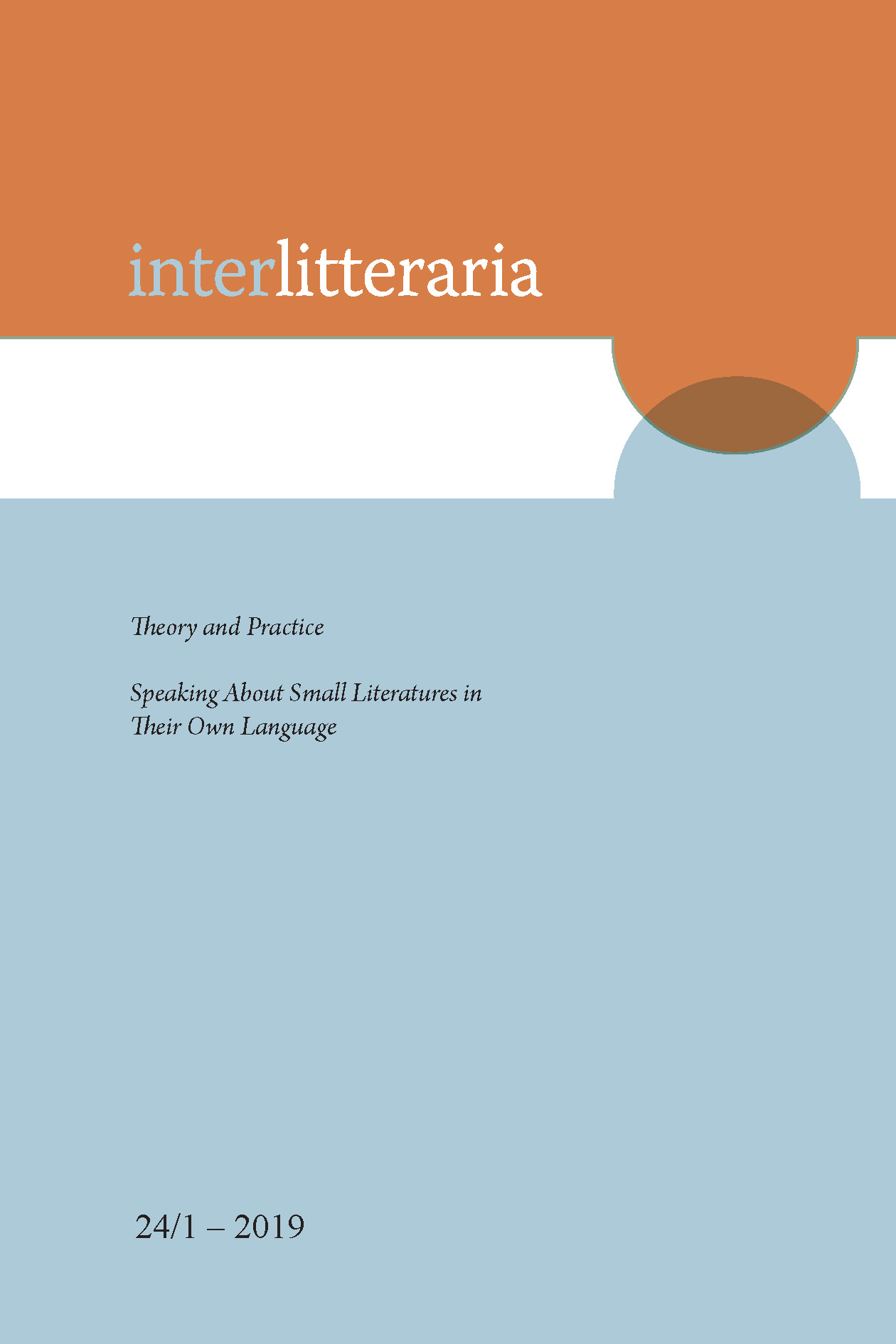Contemporary International/World Novels’ Transmissibility from Partial Connections to Hermeneutics of Situation (With References to Glissant, Volpi, Murakami, and Rushdie)
DOI:
https://doi.org/10.12697/IL.2019.24.1.3Abstract
Due to its formal and semantic flexibility, the novel is often viewed as exemplarily associated with globalization. Most interpretations of this view lead to a paradox – presentations that the genre of the novel offers can be specific, and yet, widely circulated – and refer it to transnationalism, to the worlding of many cultural identities, or to some kind of literary space. These interpretations leave open the questioning of the cultural denotations or literary features that empower novels to be widely circulated and universalized. This article identifies and analyzes this explicit questioning in Glissant’s Tout-monde, Murakami’s Kafka on the Shore, Rushdie’s The Moor’s Last Sigh, and Volpi’s In Search of Klingsor, and suggests a quadruple answer.
1. Contemporary novels, that are read as world novels, reflect the paradox that qualifies their world circulation: they designate and deconstruct the signs of the universal by offering totalizing and detotalizing perspective and by questioning their universalization potential.
2. This formal and semantic paradox is presented by means of “partial connec tions”, i.e. objective or imagined references to distant or non-identical cultural references that can be viewed as partially overlapping. Partial connections impose a metonymic view of all chains of cultural mentions, and, between the latter, delineate special kinds of union – differences coexist and unite, and their discontinuities invite to view them as equally real. Partial connections found world novels’ rhetoric and transmissibility.
3. Due to these partial connections, some kind of specific herme neutics is developed or implied – hermeneutics of situation. No overall inter pretation of their own universalizability is offered by world novels – they generate symptomatic readings.
4. Remarkably, these literary and cultural montages apply to canonical kinds of novel – investigation novel (In Search of Klingsor), historical novel (The Moor’s Last Sigh), Bildungsroman (Tout-monde, Kafka on the Shore), that are most often recognized as universal because of their canonicity and the readability they show. On the one hand, these montages alter the canonicity and readability of these kinds of novels, on the other, they trigger their wide circulation because they negate any rule of reading and any overall interpretation, and however suggest some kind of universal hermeneutics – the use of partial connections is of utmost importance.
Downloads
Downloads
Published
Issue
Section
License
The contents of Interlitteraria are published under CC BY-NC-ND licence.


